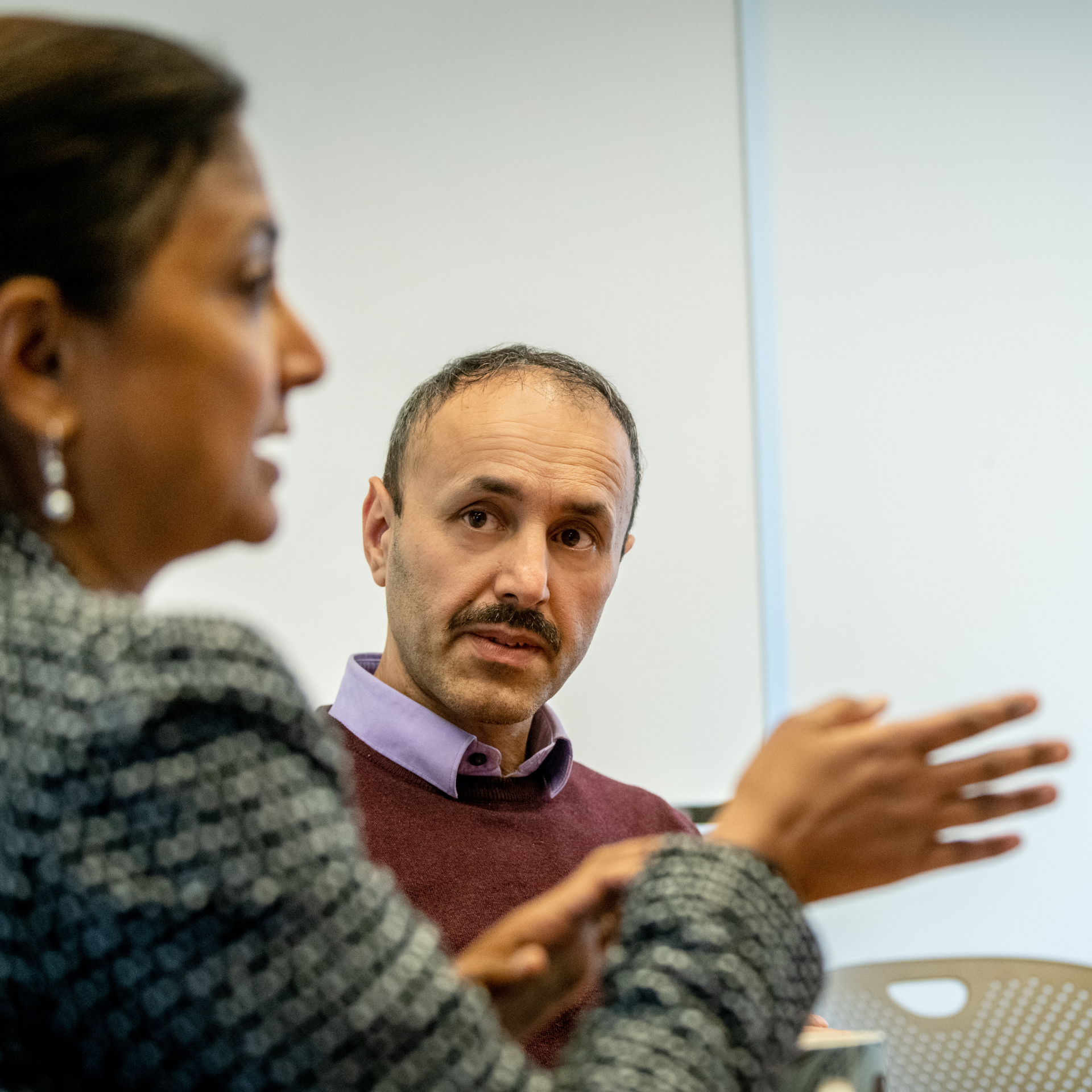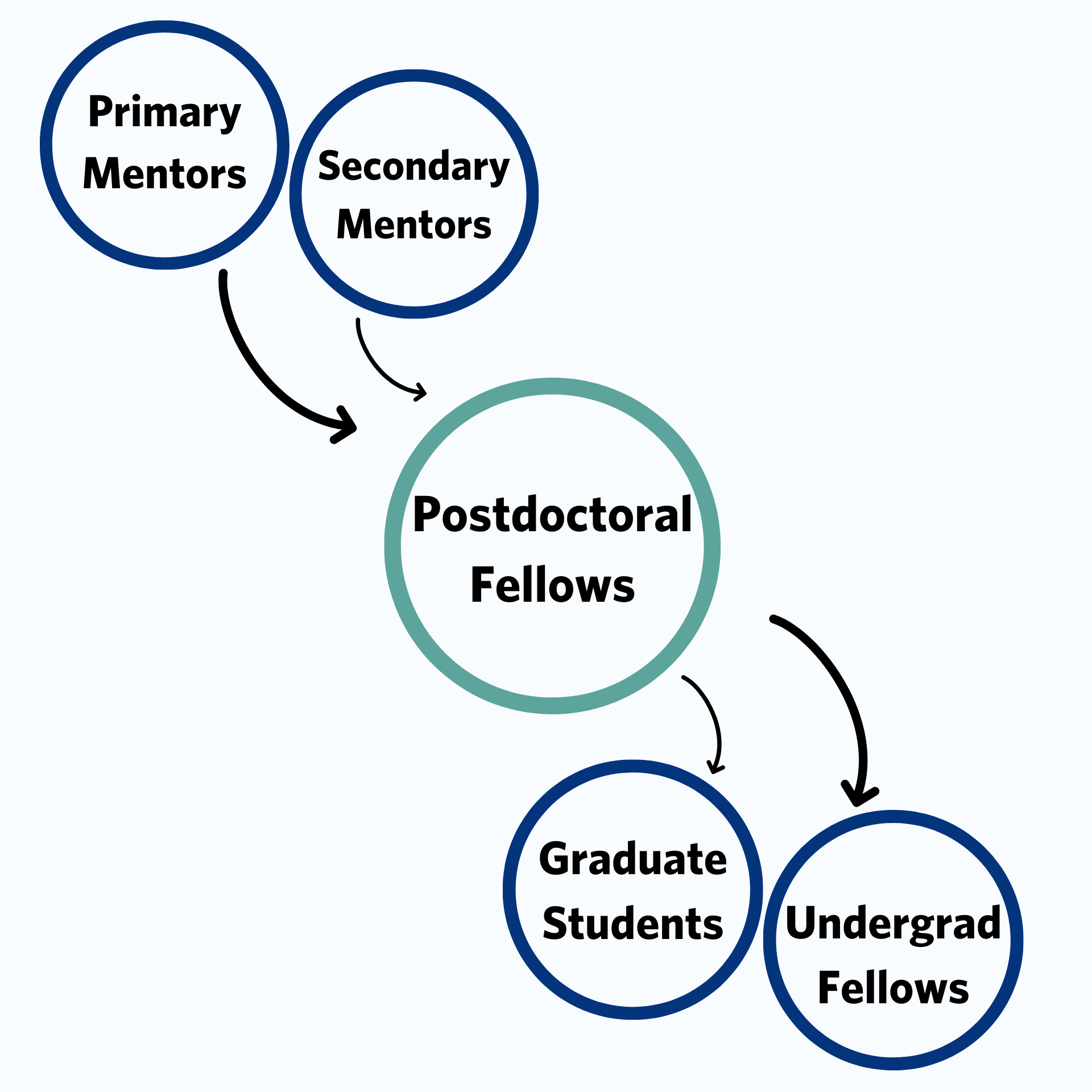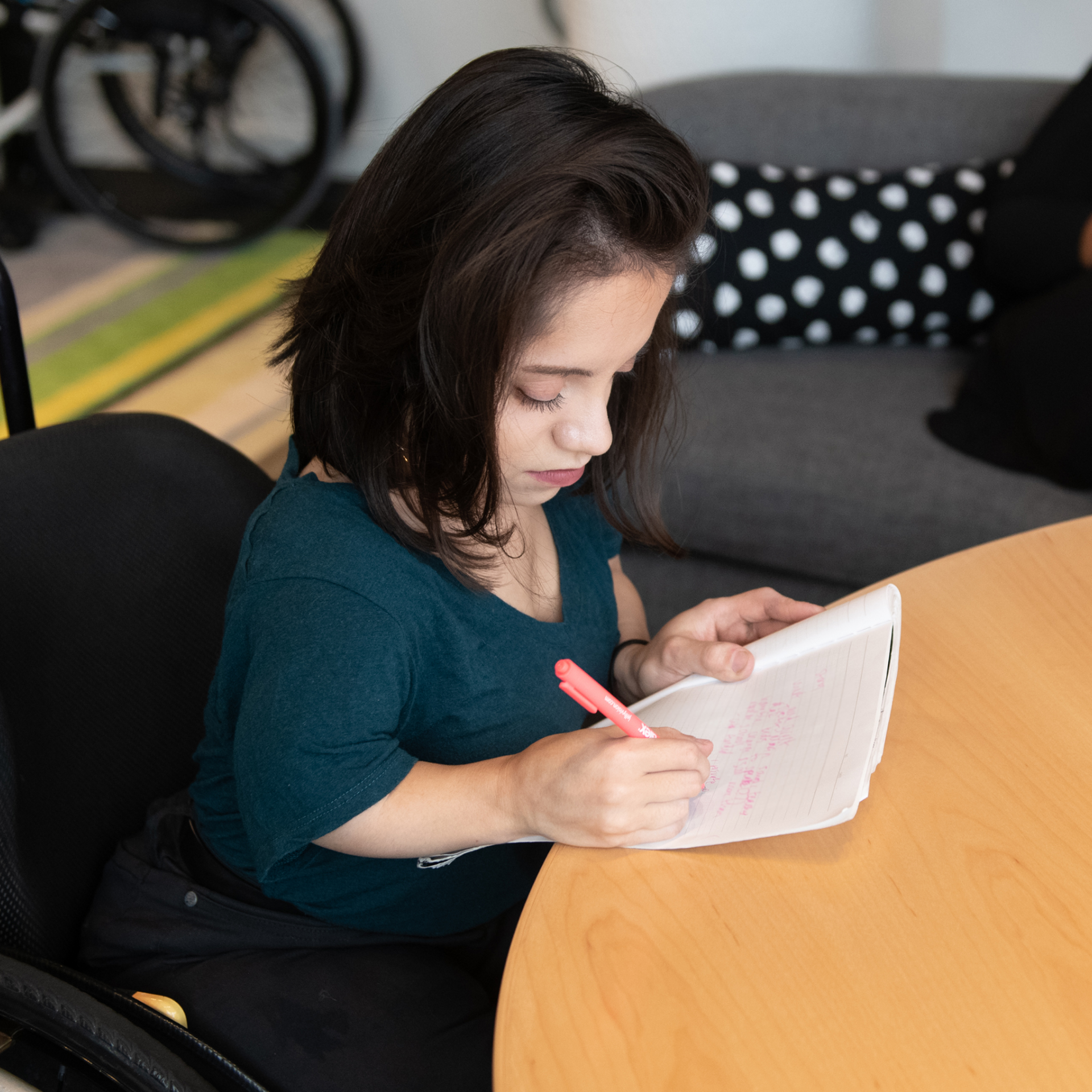Advisory Committee
To fully support the development of researchers adept at partnering with individuals and disability organizations to conduct relevant research, we have assembled a Community Advisory Board consisting of leaders of local and state disability advocacy, service and community organizations, and self-advocates with disabilities. Community Advisory Board members include:
Cheryl Cumings, Our Space Our Place
Colleen Flanagan, Disability Action for America
Darian B. Gambrell, DEAF, Inc.
Dennis Heaphy, MPH, Disability Policy Consortium
Bill Henning, Boston Center for Independent Living
Jeff Keilson, Advocates
Colin Killick, MPP, Disability Policy Consortium
Jean-Luc Pierite, North American Indian Center of Boston
Jessica Podesva, National Council on Independent Living
Leo Sarkissian, The ARC of Massachusetts
Heather Watkins, Disability Advocate
Brenda Vezina, Central MA Recovery Learning Community



